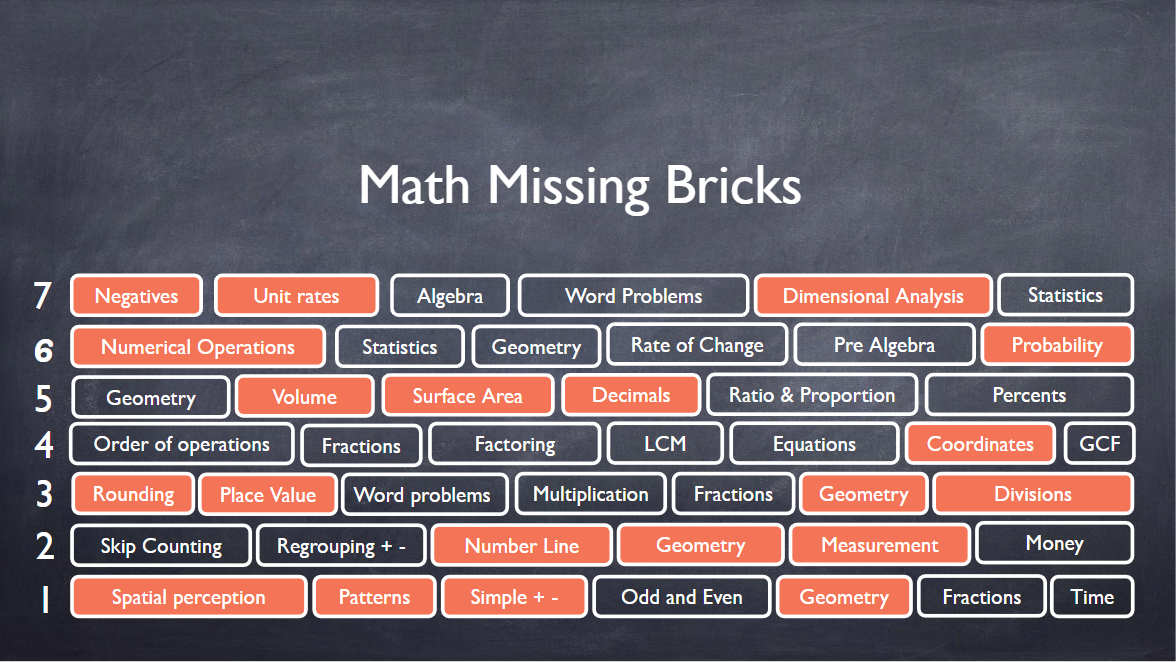 For adults, a nap is a welcomed break from the stress of life, but for your child, napping is critical to their health and development. Therefore, naps should be common practice for infants, toddlers, and even some school-aged children.
For adults, a nap is a welcomed break from the stress of life, but for your child, napping is critical to their health and development. Therefore, naps should be common practice for infants, toddlers, and even some school-aged children.
Naps Aren't Just Quiet Time
Naps are all about restoration in terms of cognitive capacity, emotional control, and even weight management. With cognitive capacity, research suggests that children who regularly nap also have enhanced memorization skills. Whether it is learning sight words or shape names, memory plays a significant role in early education.
Concerning emotional control, when your child is tired, he or she might become irritable and uncooperative. In this instance, regular napping can serve as a bit of a mood reset to help get your child back on track. Lastly, regular napping helps keep your child at a healthy weight, as children who do not get enough sleep are at an elevated risk of weight gain.
Consistency is Essential
Just as it's essential your child brushes their teeth before bed every night — naps are equally important. Remember, energy must be replenished. When your child does not get enough sleep, they eventually start operating at an energy deficit, of sorts. Consequently, your child will ultimately be playing a game of energy catchup, even when they get a good night’s rest.
However, consistency is sometimes easier said than done. If your child is resistant, start scheduling a set nap time, such as 1:00 pm every day. Eventually, your child’s internal clock will adapt, and before you know it, your child will automatically get sleepy around this time. Even if your child is defiant in the beginning, you must remain diligent. Inconsistency will trickle down to your child, so be firm.
Napping at Every Age
The older your child is, the less sleep they need, including naps. For instance, babies nap for up to two hours, two to four times a day. However, for preschoolers, the guideline is less predictable and based solely on your child's needs. For example, if your child has had an unusually hectic day or has competed in a sporting event, he or she might need a nap, whereas other days they might not. Difficulty staying awake and alert during the day and increased irritability at night could mean you need to incorporate naps back into their schedule.
However, keep in mind that too much sleep is not a good thing. If your child sleeps too much, he or she will have a hard time falling asleep at night, which will disturb their sleep cycle. Limit your older child’s napping to about 30 minutes a day and if he or she still has a hard time going to bed at night, eliminate napping.
Every child is different. If you are the parent of more than one child, what worked for one child might not work for their sibling. Be prepared to engage in some trial and error, and eventually, your family will have an established and easy to follow routine in place.
Sourced Through
https://www.webmd.com/parenting/raising-fit-kids/recharge/kids-naps#1
https://www.cbsnews.com/news/napping-may-boost-preschoolers-memory-skills/





